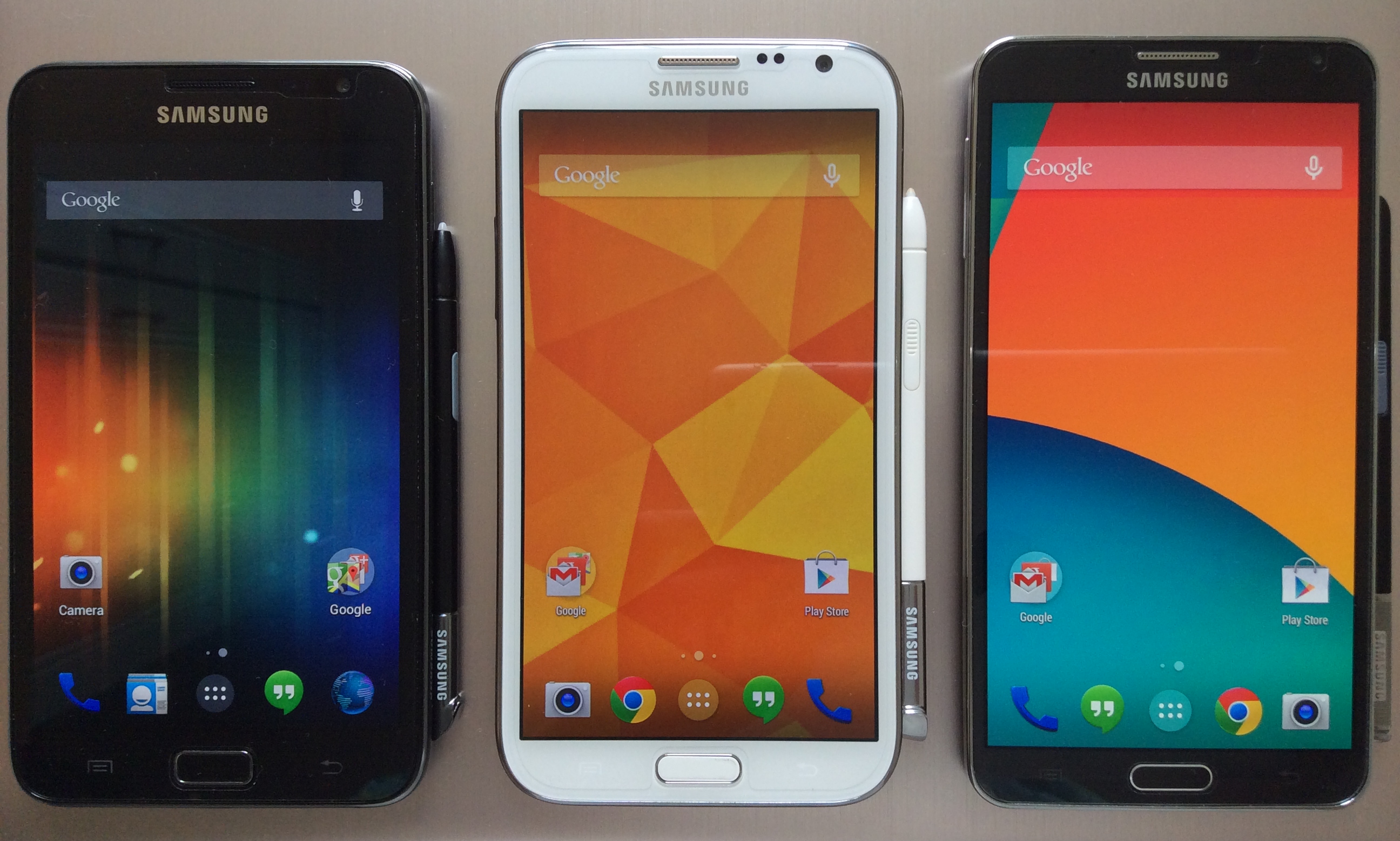Korea’s antitrust agency is investigating whether Google blocked Samsung from developing its own mobile operating system, reigniting an issue that first surfaced six years ago.
 The investigation is expected to have a global impact considering that other smartphone manufacturers here and abroad, including LG Electronics, have made similar agreements with Google as Samsung did.
The investigation is expected to have a global impact considering that other smartphone manufacturers here and abroad, including LG Electronics, have made similar agreements with Google as Samsung did.
In a recent report submitted to the National Assembly, the Fair Trade Commission said it is currently investigating whether Google limited competition of the mobile OS market in light of new facts that have emerged and a changed market situation since its last decision.
In 2011, Google and Samsung Electronics signed a mobile application distribution agreement (MADA). That same year, the two leading Korean Web portals Naver and Daum (which was later acquired by Kakao) filed a complaint with the FTC claiming that Google forced smartphone manufacturers to pre-load its apps on the home screen of phones, including a default search engine, in exchange for use of the Android OS system for free. The Korean companies claimed that was meant to limit competition.
After investigating for two years, the FTC cleared Google on grounds that the manufacturers installed Google apps out of necessity and that there was no evidence of Google enforcing its powers to limit competition. Additionally, the FTC said it saw no major impact on the market as Naver dominated the local search engine market with a market share of 70 percent at the time.
However, that situation changed in May after the Mobile Application Distribution Agreement between Google and Samsung was disclosed. In the contract, the Korean smartphone maker agreed to load Google’s software package consisting of 12 apps, including its search engine, YouTube and Gmail on the main screen.
Full Content: Korea JoongAng Daily
Want more news? Subscribe to CPI’s free daily newsletter for more headlines and updates on antitrust developments around the world.
Featured News
Massachusetts AG Sues Insulin Makers and PBMs Over Alleged Price-Fixing Scheme
Jan 14, 2025 by
CPI
Apple and Amazon Avoid Mass Lawsuit in UK Over Alleged Collusion
Jan 14, 2025 by
CPI
Top Agent Network Drops Antitrust Suit Against National Association of Realtors
Jan 14, 2025 by
CPI
Weil, Gotshal & Manges Strengthens Antitrust Practice with New Partner
Jan 14, 2025 by
CPI
Russian Court Imposes Hefty Fine on Google for Non-Compliance with Content Removal Orders
Jan 14, 2025 by
CPI
Antitrust Mix by CPI
Antitrust Chronicle® – CRESSE Insights
Dec 19, 2024 by
CPI
Effective Interoperability in Mobile Ecosystems: EU Competition Law Versus Regulation
Dec 19, 2024 by
Giuseppe Colangelo
The Use of Empirical Evidence in Antitrust: Trends, Challenges, and a Path Forward
Dec 19, 2024 by
Eliana Garces
Some Empirical Evidence on the Role of Presumptions and Evidentiary Standards on Antitrust (Under)Enforcement: Is the EC’s New Communication on Art.102 in the Right Direction?
Dec 19, 2024 by
Yannis Katsoulacos
The EC’s Draft Guidelines on the Application of Article 102 TFEU: An Economic Perspective
Dec 19, 2024 by
Benoit Durand